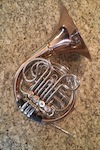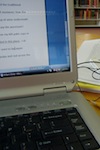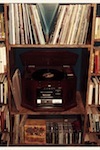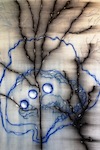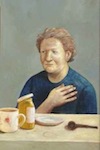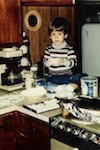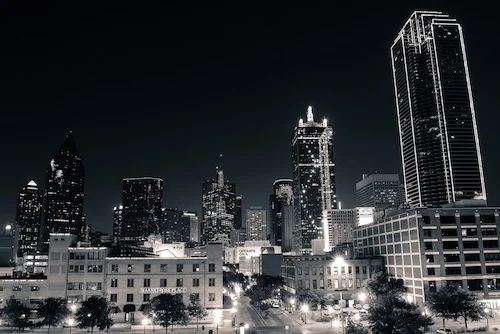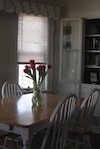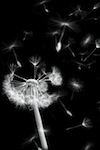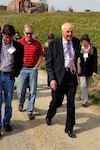 Today, I live in the heart of East Nashville; tomorrow, my husband and I long for a house on 20 acres with goats, chickens, and a great Pyrenees. Today, we acknowledge the harsh realities of life as modern American farmers. Tomorrow, we hope we are up to the challenge. Today, we read, we plot, and we plan. Tomorrow is not ours.
Today, I live in the heart of East Nashville; tomorrow, my husband and I long for a house on 20 acres with goats, chickens, and a great Pyrenees. Today, we acknowledge the harsh realities of life as modern American farmers. Tomorrow, we hope we are up to the challenge. Today, we read, we plot, and we plan. Tomorrow is not ours. As Wendell Berry says, “Tomorrow doesn’t exist.”















